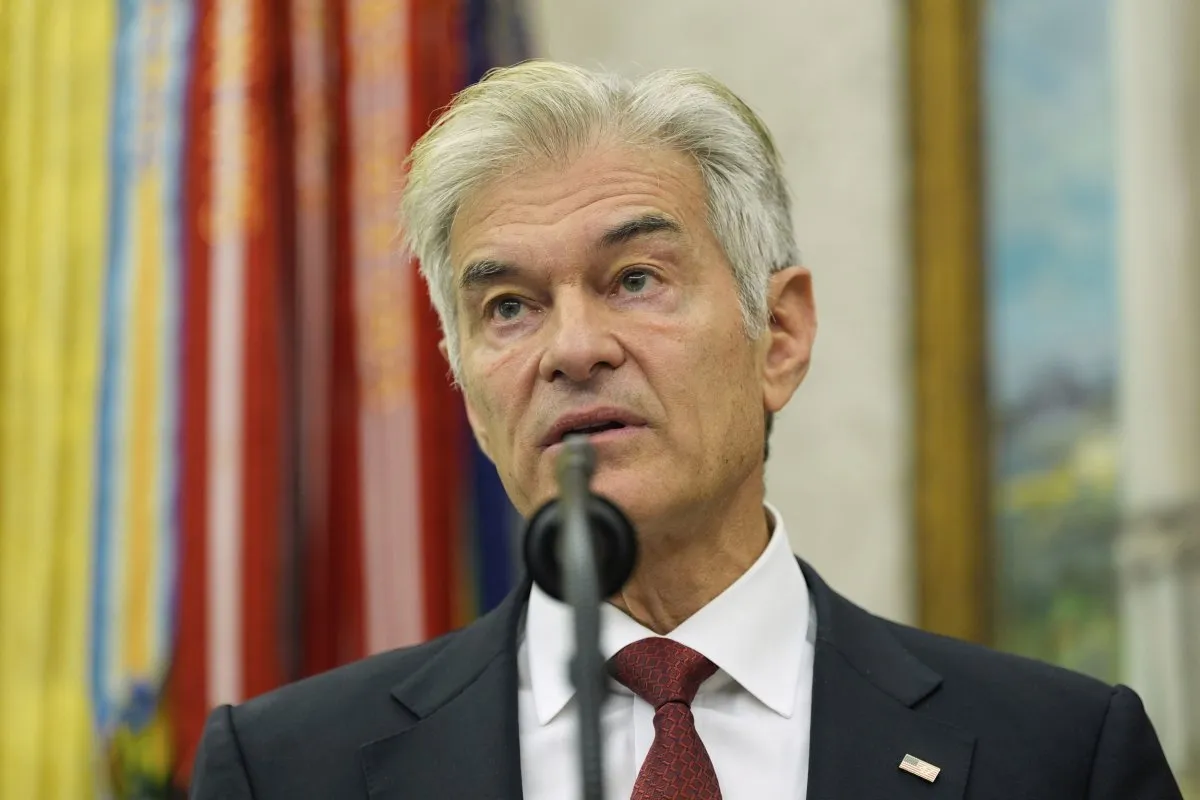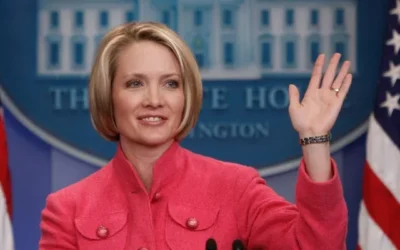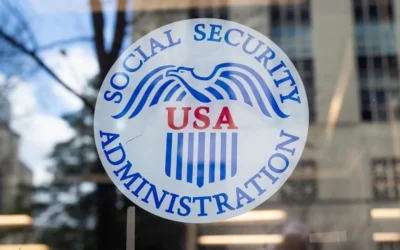Introduction
In recent discussions, Dr. Mehmet Oz, a well-known television personality and former U.S. Senate candidate, has drawn attention to alarming concerns regarding the Medicaid system in the United States. With longstanding debates surrounding healthcare accessibility and funding, Dr. Oz has sparked conversations about proposed reductions to Medicaid funding, suggesting that flaws within the system are costing the nation billions of dollars. This article explores Dr. Oz’s findings, the political implications of proposed funding cuts, and the real-life effects on vulnerable populations, including the elderly and those with disabilities.
The Claims of a Flawed System
Dr. Oz’s recent statements highlight a significant concern: that some individuals are ‘gaming’ the Medicaid system. While his assertions have stirred controversy, they have also reignited a critical conversation about the sustainability of Medicaid—a program designed to provide health coverage for low-income individuals and families.
According to Dr. Oz’s analysis, which includes anecdotal evidence from his visits and external reports, there are loopholes and inefficiencies within the system that allow some to abuse the benefits intended for those in genuine need. He argues that this not only drains financial resources but also undermines the integrity of Medicaid for true beneficiaries.
The Impact of Proposed Funding Reductions
Amid these claims, there have been ongoing discussions about reducing Medicaid funding to address national budget concerns. By proposing cuts, some lawmakers argue that they are acting in the best interest of taxpayers and the national deficit. However, what often gets overlooked in these budgets is the impact on the most vulnerable populations.
Reducing funding could lead to devastating consequences, particularly for the elderly, people with disabilities, and low-income families who rely heavily on Medicaid for their health care needs. Critics of the proposed cuts emphasize that these reductions could force many individuals to forego necessary medical treatment, which could ultimately lead to more significant health issues and higher costs down the line.
Dr. Oz’s Visit to San Francisco’s Mission District
In a spotlight moment during his tour of San Francisco’s Mission District, Dr. Oz visited a senior care facility, which has engaged in Medicaid reimbursements for services provided. Notably, despite his broader criticisms, he praised the staff and the quality of care being offered there.
During his visit, Oz remarked, “I was very impressed with the care they are providing. It’s a hard job, but the staff here genuinely cares about the wellbeing of their patients.” His comments reflect a dual perspective on the Medicaid system—acknowledging both the commendable work occurring within some facilities and the urgent need for reform to prevent systemic abuse.
The Real-Life Consequences for Seniors
For many seniors in the Mission District and beyond, Medicaid is a lifeline. As Dr. Oz noted, when the system works effectively, it can ensure that elderly patients receive essential care that enables them to lead dignified lives in their later years. However, the possibility of reduced funding poses a direct threat to these services.
Organizations that operate facilities like the one Dr. Oz visited may find it increasingly difficult to maintain quality care with squeezed budgets far below necessary operational levels. This raises questions not only about care quality but also about the overall health outcomes for seniors who depend on these programs.
Addressing Systematics Abuses vs. Vulnerable Populations
Dr. Oz’s approach has prompted responses from various stakeholders in the healthcare sector. Advocates argue that while there may indeed be instances of system abuse, painting the entire Medicaid recipient community with a broad brush is both misleading and harmful. Thousands of individuals rely on Medicaid not as a choice but as a critical necessity for their survival.
Addressing systemic abuses requires thoughtful policy reform rather than blanket funding cuts that punish the vulnerable majority due to the actions of a few. Policymakers need to focus on identifying inefficiencies within the system while providing adequate resources to ensure that the core mission of Medicaid is upheld—to provide health care access to those who need it most.
The Road Ahead: Balancing Accountability and Care
As the U.S. stands on the brink of potentially significant cuts to Medicaid funding, the discourse surrounding the program is becoming increasingly volatile. The challenge lies in striking a balance between ensuring accountability within the system and safeguarding access to care for those who rely on it.
Dr. Oz’s commentary has successfully brought attention to some problematic aspects of Medicaid. However, moving forward, it’s crucial to engage in discussions that not only identify flaws but also champion solutions that maintain the integrity and purpose of the system.
The Importance of Advocacy
With each report of system abuse, the call for reform grows louder. Yet, communities must come together to advocate for preserving and enhancing access to healthcare for low-income families and individuals. Organizations dedicated to health equity argue that reforms should focus on streamlining access to resources, improving care coordination, and fortifying the safety net mechanisms within Medicaid.
Advocacy efforts also call on citizens to participate in the legislative process—contributing voices to ensure that health care policies reflect the need for compassion and care as much as they reflect fiscal responsibility.
Conclusion
Dr. Oz’s criticisms of Medicaid highlight a crucial juncture in U.S. healthcare policy—a moment that requires urgent attention, thoughtful dialogue, and a commitment to both accountability and care. As discussions about funding reductions continue, the implications for millions of Americans will depend on how effectively we can balance the need for reform with the necessity of compassionate healthcare coverage.







